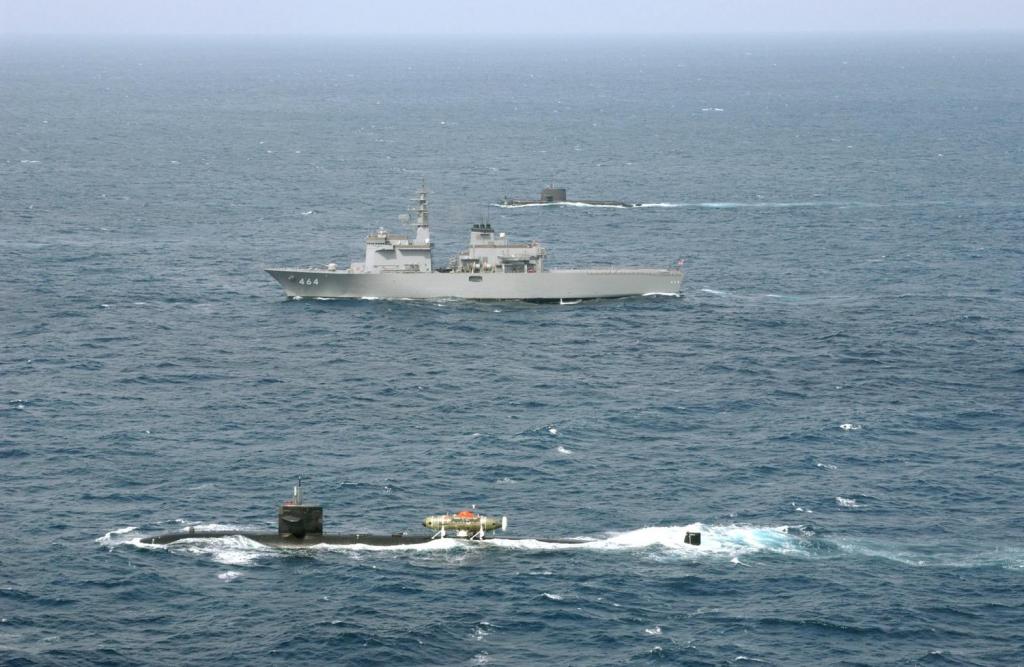Abstract
The article aims to understand the practical relevance of Shinzo Abe’s recent security changes and their role in Abe’s general security strategy. It argues that although Shinzo Abe’s goal is a revision of Japan’s post-war security posture, there is still a plethora of legal, normative (popular) and practical constraints that prevent him from doing so. In order to illustrate these constraints, the article analyses the first practical implementation of the new security legislature: Japanese peacekeeping operation in South Sudan in 2016 through 2017.


